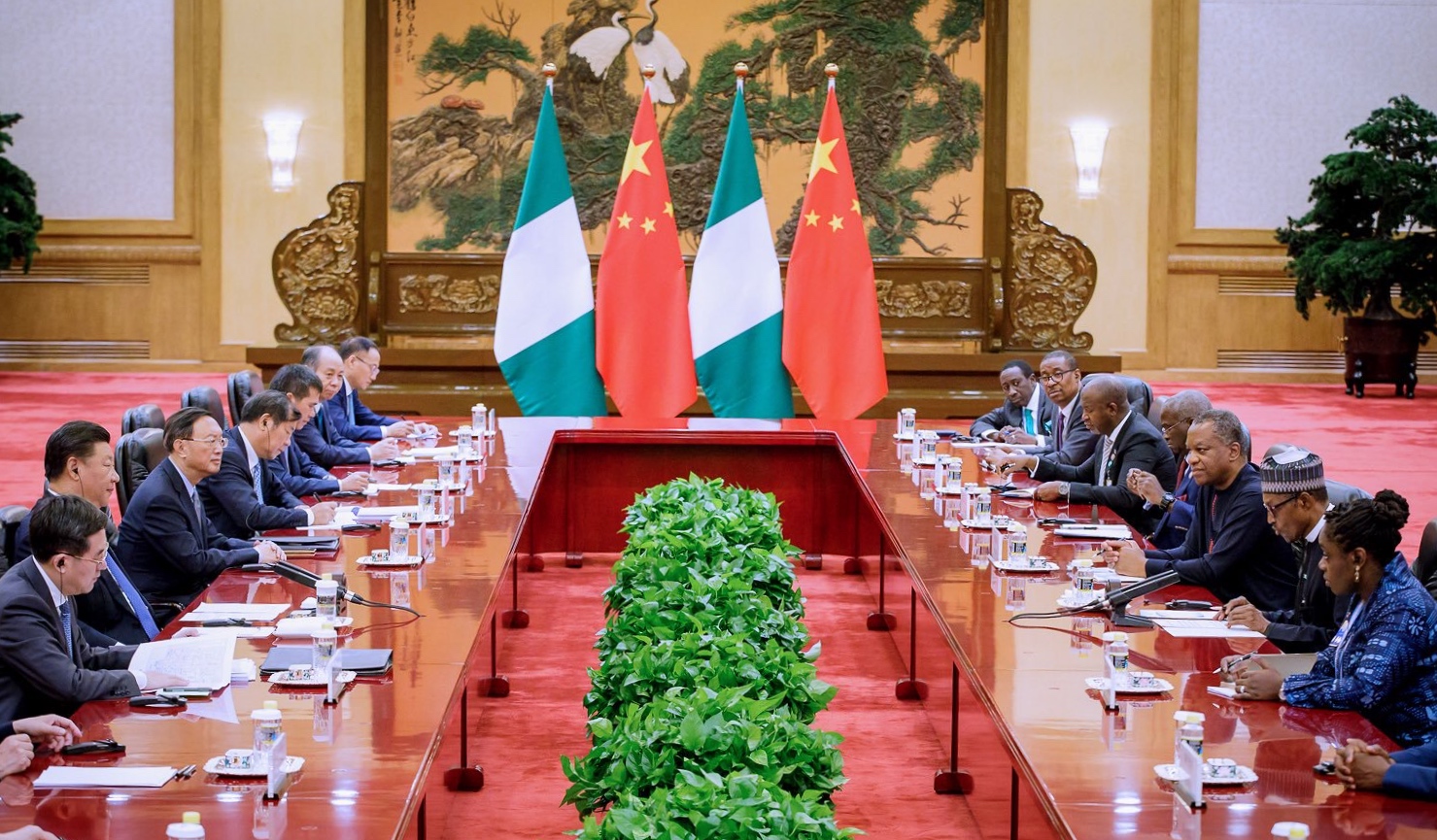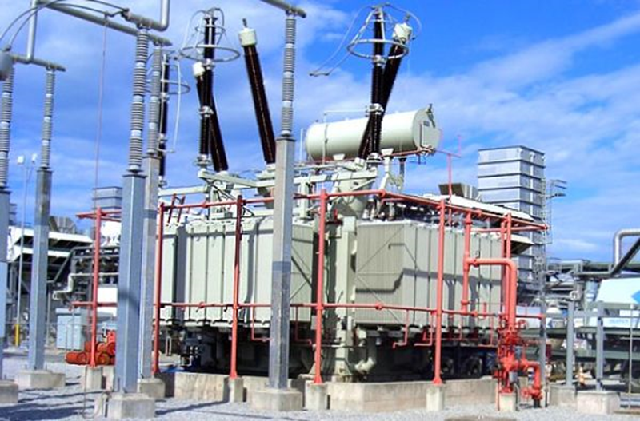In a statement released by the Federal Ministry of Power in Abuja, Minister of Power, Chief Adebayo Adelabu, confirmed on Monday that the Federal Government is currently in the process of reviewing the implementation of a cost-reflective electricity tariff. However, the government remains committed to subsidizing power supply for vulnerable citizens across Nigeria.
In addition to this announcement, the Minister disclosed plans to unbundle the Transmission Company of Nigeria, with the separation of Transmission services from System and Market operations scheduled for the first quarter of this year. Adelabu emphasized that in the medium to long-term, Nigeria’s power transmission grid would undergo further restructuring, with the creation of regional grids to enhance effective management.
Addressing concerns regarding a potential electricity tariff hike from January 1, 2024, the Minister clarified that the ongoing process of implementing a cost-reflective tariff was in progress, but no directive had been issued by the Nigerian Electricity Regulatory Commission (NERC) for an immediate tariff adjustment.
The statement outlined the government’s commitment to strategic actions, including the completion of ongoing projects and initiatives to improve the power sector. Adelabu highlighted the need to enhance distribution and transmission infrastructure to minimize technical and commercial losses. Notable projects mentioned include the Mercy Seat Hospital, the Mental Health Centre in Ketu Ejinrin, and the Ojo General Hospital, all aimed at addressing healthcare needs.
The Minister reassured the public of the government’s dedication to subsidizing power supply for vulnerable segments of society. The subsidy figures revealed that between January and September 2023, the Federal Government allocated N375.8 billion to subsidize electricity, supporting the N782.6 billion paid by consumers during the same period.
To address challenges in the electricity market, Adelabu emphasized the ongoing review of the cost-reflective tariff and pledged to continue subsidizing power for vulnerable citizens. He further outlined plans to close the meter gap, intervene in distribution infrastructure, and prioritize rural electrification through solar-powered mini/micro grids and street lights.
Adelabu concluded by detailing initiatives to strengthen the national grid, minimize technical losses, and reconstitute the Transmission Company of Nigeria, separating transmission services from system and market operations in the short term, with a long-term vision of regional grid separation for effective management.












